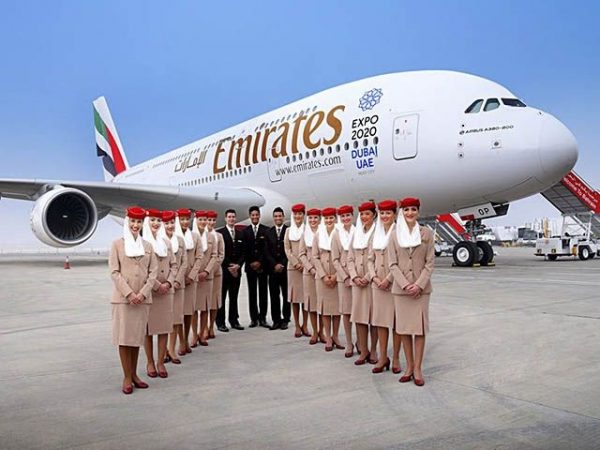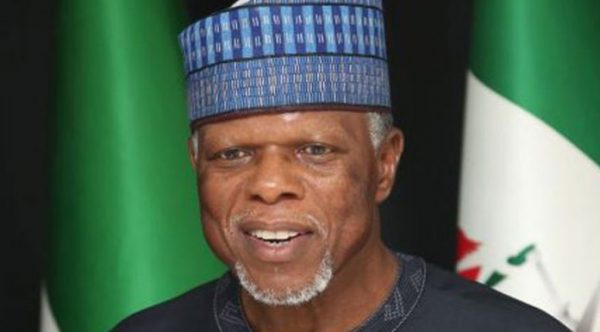Customs Propose Dedicated Barge Operations For Exports

By Kenneth Jukpor
As part of efforts to revamp Nigeria’s economy via export promotion, Nigeria Customs Service (NCS) has suggested a prioritized access to seaports for exports via barging.
The Comptroller-General of NCS, Col. Hammed Ali (Rtd.) made this call yesterday during a submit organized by Zenith Bank with the theme: “Nigeria’s Economic Prosperity: The Role of Intra-Regional Trade and Non-Oil Export Business”
Ali, who was represented by the Deputy Controller, Administration, Ogun 1 Command, DC Dera Nnadi, expressed regret that despite the government’s efforts to boost exports several cargoes have been delayed on the port access roads unduly.
Noting that most of the delayed exports are agro products with limited shelf life, Nnadi called for a review of the use of barging at the ports in favour of exports.
His words: “Since 2017, there has been an increase in the volume of agro exports in line with the government’s ambition to diversify the economy; but the road infrastructure remained static. The poor state of port access roads lead to delays causing goods to be damaged before they are exported while others are returned because the shelf life is grossly reduced by the delays.”
“Customs partnered with other stakeholders to refloat barge operations as an alternative means to facilitate export but the situation today has seen the barging service utilized for other purposes with revenue generation prioritized over trade facilitation.”
“There should be a review of the use of barges at the seaports. Barging should be restricted to exports or export prioritized for barge operations. Government could also provide subsidy to cut down the cost of barging services for exporters.”
The Customs boss also opined that government agencies at the seaports should be more concerned about facilitating trade and simplifying port processes, while Customs plays the role of revenue collector.
Earlier, the Group Managing Director of Zenith Bank, Mr. Ebenezer Onyeagwu noted that over 100 exporters have been developed in one year following the bank’s export sensitization and support programmes.
Onyeagwu expressed delight at the top representatives who participated at the online summit, even as he stressed that Zenith Bank would remain committed to supporting Nigerian Small and Medium Sized Enterprises (SMEs) to diversify the economy via non-oil exports.
The Zenith Bank GMD also argued that Nigeria could benefit significantly from the African Continental Free Trade Area (AfCFTA) if the nation continues to boost non-oil export, creates an enabling environment and simplifies export processes.
Also speaking at the online summit, the Chief Executive Officer of Mamuda Industries Nigeria Limited, Hassan Mamuda stressed the need for the federal government to improve infrastructure to enable Nigerian businesses compete favorably under AfCFTA.
The CEO of the export-based company specialized in finishing of leather, leather goods, and furs, polypropylene resins, highlighted some of the crucial infrastructure to include port access roads, electricity, railway and road linkages from farms to ports, among others.
Hassan also beckoned on port stakeholders; operators, service providers and regulatory agencies to collaborate in order to simplify port processes and prioritize exports.







